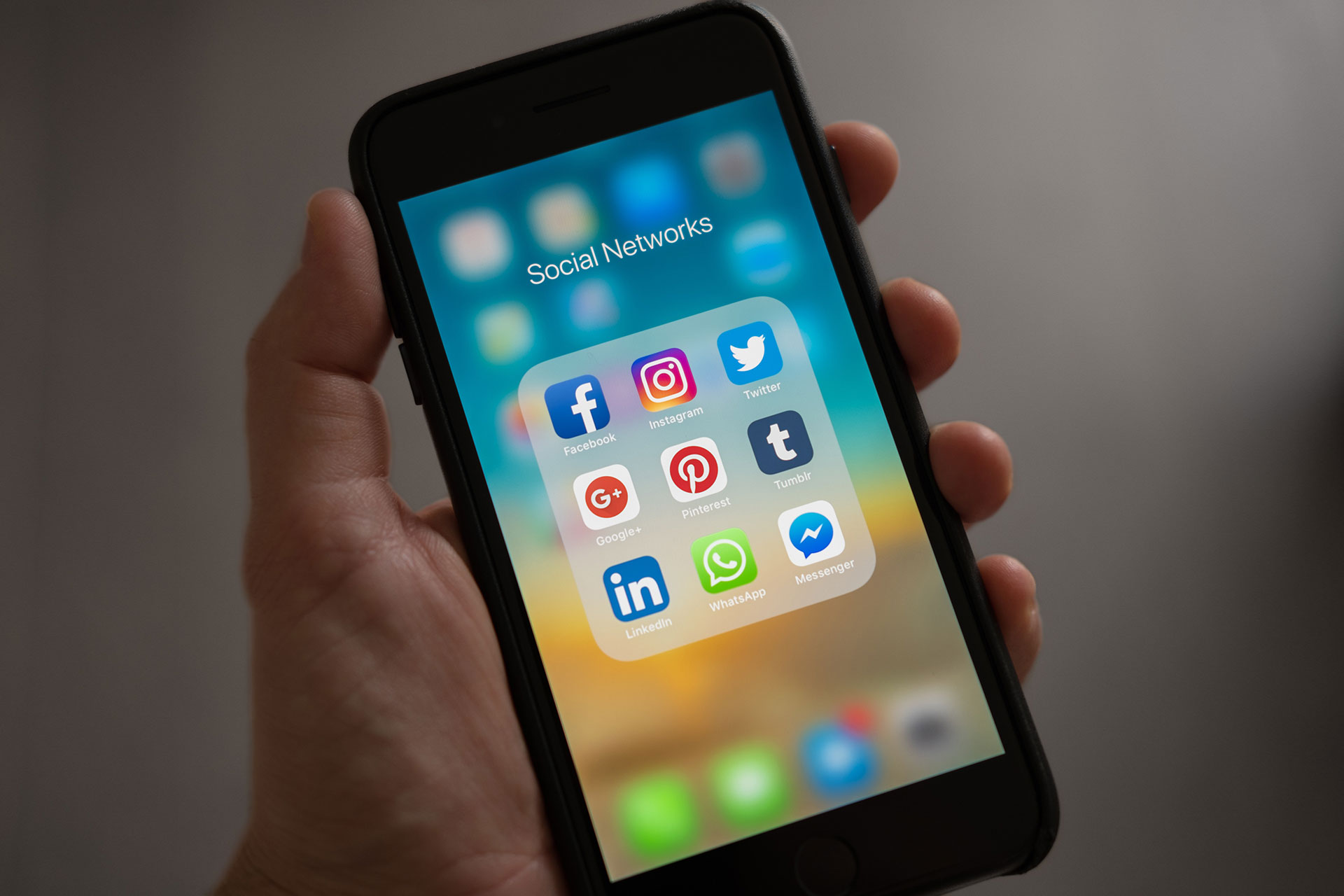
10 Foods to Make Your Heart Happy
December 18, 2024
5 Surprising Health Benefits of Fruits and Vegetables
December 18, 2024May is Military Appreciation Month and America’s ER has partnered up with Heroes on the Water, a non-profit that serves injured veterans using the healing power of kayaking therapy to aid in their recovery. We could all benefit from unplugging every now and then because let’s face it, screens are everywhere. It can feel like a never-ending deluge of information is headed your way every day.
Taking a break from social media and screen-time is great in theory, but it’s difficult in practice. We’ve rounded up the best tips to unplug and re-center in the real world.
Take a Hike
Perhaps the easiest way to take a step back from technology is simply to stand up and take a walk. If you spend most of your work day at a computer, it’s good to step away every so often. A good rule of thumb is for every 3 hours worked, 15 minutes should be spent away from all screens– including your phone. “Walks” can be as simple as standing up at your desk and stretching. Give yourself time to let your mind wander.
Apps that limit screen time
American adults spend almost half of their day looking at screens. Between tablets, smartwatches, smart phones, TVs and computers, it’s easy to spend hours looking into a screen. You may not realize how quickly the time goes but thanks to apps like Freedom and Space, you can track your screen time on your smart devices.
Make meals screen-free
Set a goal for all meals to be screen-free. The benefits of screen-free meals are twofold: you reduce your screen time and you are better able to focus on your meal. This can help if you’re also trying to attain fitness goals.
Mini-meditation
Bring your focus back to the present moment with meditation and mindfulness practices. There are many apps, classes and videos that teach meditation techniques. Benefits include better focus, reduced stress and anxiety and a longer attention span.

Practice a hobby
Watching a TV show or scrolling through social media is an easy way to fill down time. Instead of turning to your phone, fill that time with something you like to do. Learn a language, create crafts and art, homebrew, garden– the list of hobbies is endless. Pick up a passion project and watch your screen-time dwindle.
Cut out screens an hour before bed
The blue light emitted from screens can affect sleep cycles, making it more difficult to fall asleep. Cut out screen time an hour to two hours before bed for better sleep.
Set times specifically for social media
Get on a “social media schedule.” Set periods of time for yourself that are devoted to social media and browsing the internet. When you feel the urge to reach for your phone or pull up Facebook, remind yourself that you have time set aside later to do so.
Control what comes through
Push notifications, the small messages that pop up at the top of your phone or computer screen, grab attention and steal focus. Decide what you want coming through. Turn off all notifications that you don’t need on your phone, including notifications from Twitter, Facebook and Instagram. You may even consider turning off notifications from email apps. Filtering notifications on all of your devices and social media accounts will take some time, but it will save you energy and focus going forward.
Direct what you want each tool to do for you
Computers, phones, tablets– all of these are tools. There is nothing inherently bad about them. Think about how you want these tools to work for you in your daily life. Place them where you’ll use them– for instance, keep your work laptop in a work area and your phone in a separate area.
Let go of guilt
We all have times when we binge a show, spend too much time on our phones or get stuck in a social media cycle. Patterns of guilt don’t help us move past behaviors we want to grow out of. Drop the guilt and take a walk. There’s a whole world beyond screens.



